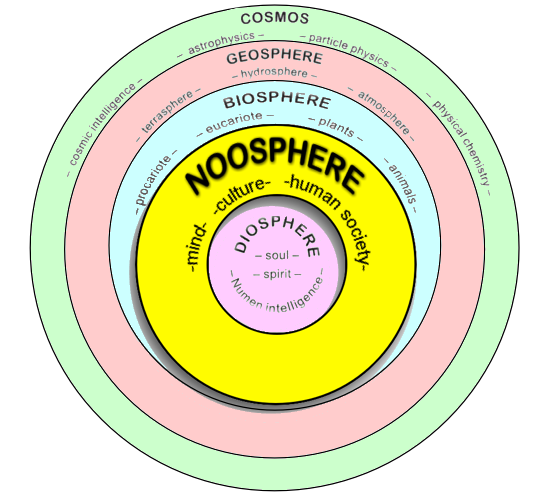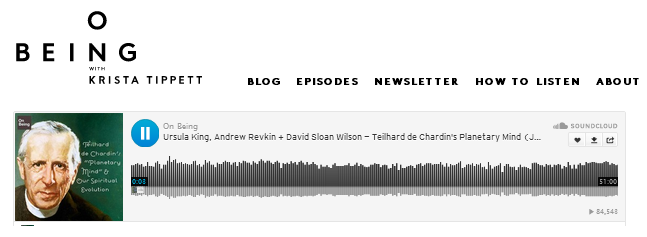
I just got back from a successful trip working with our South Dakota affiliate, and I have to admit I was the most mindful I’ve ever been about not touching surfaces unnecessarily and keeping my hands away from my face as much as possible. Because even though I was traveling out-of-the-way domestic routes, I am painfully aware of how viral strains are carried far beyond initial hotpots to places like a Caribbean cruise ship and a hospital staff in Texas. So when our flight crew did not show up on my return trip yesterday, and the gate attendant announced one of the flight attendants was rushed to the hospital seriously ill, you can imagine the thoughts that went racing through my head. We live in a crisis-spiked culture, driven by media jumping on every next attention-grabbing story. There is no shortage of examples continually and repeatedly popping up in our faces: war, terrorism, famine, disease, and economic and political unrest. As detached as I try to be, I worry I can only afford to be so removed from the next headline. What might I miss that I should know?
This conditioning to be hyper-aware of everything that might possibly affect us has permeated our profession, too. We are currently all about innovation, breaking through the status quo to claim new wins, new value. Success stories of flash-in-the-pan innovation nicely parallel the phenomenon of news cycle sensationalism. When it happens, everyone is drawn to it, as it shakes up the pace and startles us back into the excitement of “what if?” But lightning strikes randomly and rarely in the same place twice, and innovation is much more hard-earned than simply being the right people at the right place at the right time. What if successful flashes of innovation happen, much like everything else in life, within a greater context? What if we reconnect with a greater purpose as educators and as people?

I love Pierre Teilhard de Chardin’s concept of the Omega Point: the ultimate destination of human existence to which all humankind has been moving since the beginning of history. Building on Plato and Jung, de Chardin’s philosophy can stand on its own under scientific scrutiny, and it can reconcile science and theology without doing disservice to either discipline. Just as our physical selves operate in the biosphere, our thinking selves operate in the noosphere: the living, growing evolving world of human consciousness and aspiration. Essential to me in this concept is one crystal clear truth: if you believe that mankind is inching towards an optimal point of existence, then you have to believe that the world becomes a little better every single day of our lives.
Sure there are hiccups and backsliding, making this a difficult truth to embrace. It’s easy to get caught up in negative, knee-jerk reactions to the news of the day. Disruption is not always a good thing, especially when it distracts us from seeing our progress in the bigger picture. Education is continually improving human existence. We simply need to quiet our minds long enough to appreciate how far we’ve come. There is more tolerance for differences with each successive generation, even though intolerance is what makes news. There are more educated minds in the world today, even though it is ignorance that grabs headlines. The world is a closer-knit, more global community than ever before, even though acts that tear away at its fabric are disheartening. While ignorance and intolerance and hatred continue to bubble up, there are profound currents of hope for all of humankind just beneath the surface.

As an educator, it appeals to me to think of my work taking place in the noosphere. Not because it’s magical or mystical, but because it gives me optimism; it gives me a context in which I can work in faith that I am leaving the world a better place than I found it. It doesn’t matter if lightning ever strikes around you or me. All that matters is we are still standing and still making a difference, one learner, one colleague, one stakeholder at a time. Because more powerful than all the immediate actions and reactions of our daily lives is the belief that every day the world contains more good and less evil than the day before. Focus on the Omega Point, and everything else will find its place.

Thank you for sharing! Very interesting you are affilated with South Dakota! We are a 6-8 ICT class from South Dakota.
LikeLiked by 1 person
Yes we have a wonderful affiliate there! I’m glad you liked the piece!
LikeLike